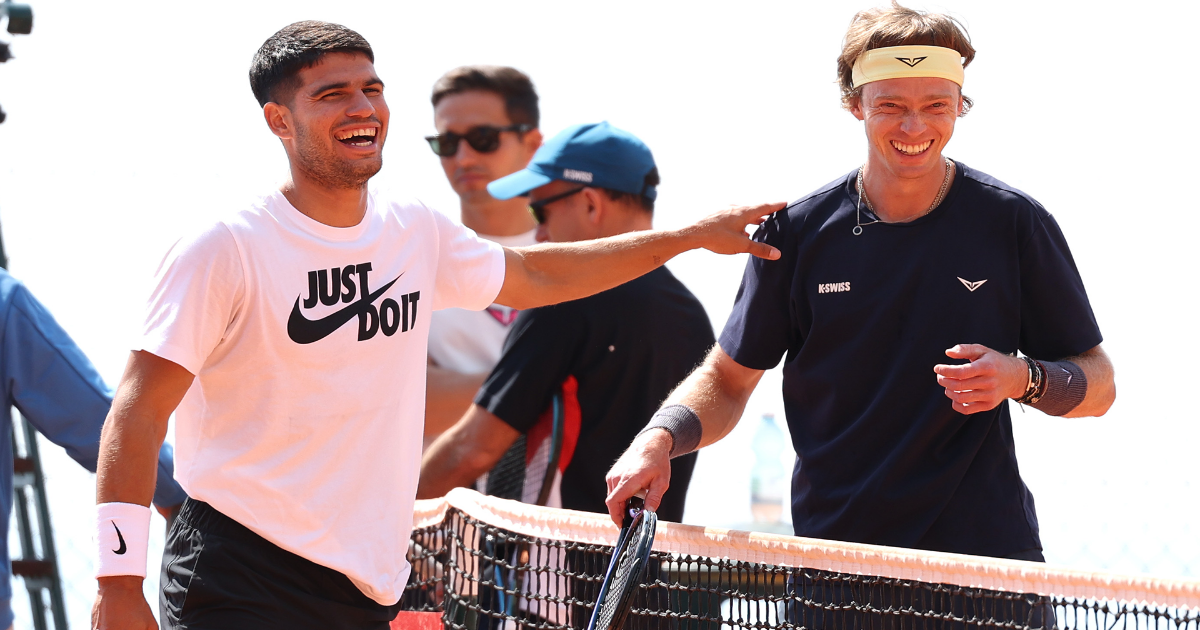Lindsay Davenport noted Rublev will not only need to be aggressive to challenge Alcaraz, whom he beat last year en route to winning the clay-court Mutua Madrid Open title, but also be open to improvisation.
“You probably start off the match, if you’re Rublev, from the back of the court, trying to do what you do best,” said Davenport, who won Wimbledon in 1999. “Take stock of what’s happening out there. You absolutely have to be willing to go to a Plan B if Plan A is going awry out there.
“On this surface, you’ve really got to go for everything. If the serve is not working, you’ve got to change up your location. Coming into net on grass is a good second choice.”
Rublev has aimed to work on his resilience after an underwhelming 2024 season, having been open about past mental health struggles. He hired former world No. 1 Marat Safin as his coach earlier this year, hoping to break the ceiling of 10 Grand Slam quarterfinal finishes.
“I think the biggest thing for him is, you just don’t want to go in and play your regular game and hope Alcaraz has a bad day,” agreed Prakash Amritraj. “You come in, commit to an aggressive game plan either by coming to the net or changing things around on the serve, and roll the dice that way versus doing the same thing.”
